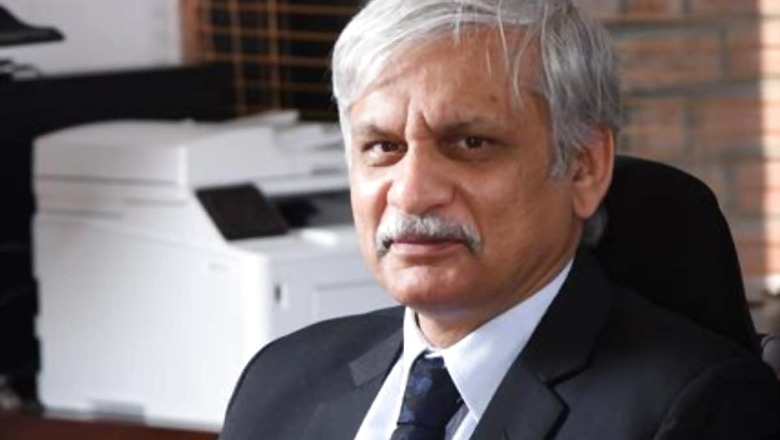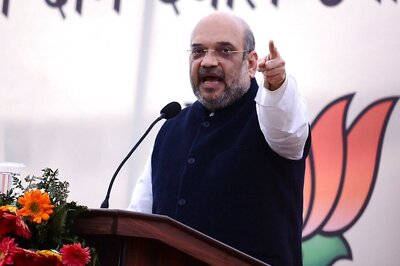
views
Expressing displeasure at the amended Unlawful Activities (Prevention) Amendment Act (UAPA) 2019, Errol D’Souza, the director of Indian Institute of Management, Ahmedabad said that a progressive society will not have such a law.
“A progressive society will not suspend procedural safeguards and have a law like UAPA that inflicts punishment without establishing guilt. A democratic state won’t use such laws to subjugate associations like the Persecuted Prisoners Solidarity Committee for filing cases against it,” D’Souza in a tweet said.
A progressive society will not suspend procedural safeguards and have a law like UAPA that inflicts punishment without establishing guilt. A democratic state won’t use such laws to subjugate associations like Persecuted Prisoners Solidarity Committee for filing cases against it.— Prof. Errol D'Souza (@proferroldsouza) October 9, 2020
The central government has arrested several academicians, students, activists invoking the contentious clauses in the recently amended law.
Persecuted Prisoners Solidarity Committee as mentioned in the tweet of the director was founded with the motive of fighting for the adivasis and marginalized in the armed conflict zones of central and eastern India. Activists, academic Stan Swamy, Sudha Bharadwaj, Partho Sarothi Ray are associated with the platform. Earlier Anand Teltumbde, Hany Babu, Varavara Rao were arrested under UAPA for the Elgaar Parishad case, Bhima Koregaon.
Quite recently Siddique Kappan, a journalist with the Malayalam-language news organization while traveling to Hathras was arrested along with three others and booked under UAPA and sedition.
The Unlawful Activities (Prevention) Act 1967 has undergone several amendments over the years. Envisaged as a law to deter terrorism and prevent unlawful activities that threaten sovereignty of India, its recent amendment expands the nature of terrorist. The controversial law also deprives the individual charged from any opportunity to justify his case before the arrest.
The provisions of the law are seen to be against the Articles 14 (right to equality), Article 19 (right to freedom of speech and expression) and Article 21 (right to life) of the Indian Constitution.
A PIL was also filed in the Supreme Court declaring the law as “unconstitutional” and in violation of basic fundamental rights and right to dissent.
The IIM director’s statement in solidarity with those arrested under UAPA is unprecedented as such institutes are rarely vocal on political issues.
Few months ago, sixty-six ‘concerned members’ of the Indian Institute of Management Bangalore signed a solidarity statement for the alleged intimidation of jailed activist Safoora Zargar and others protesting against the Citizenship Amendment Act (CAA), National Register of Citizens (NRC) and National Population Register (NPR).
Read all the Latest News and Breaking News here



















Comments
0 comment